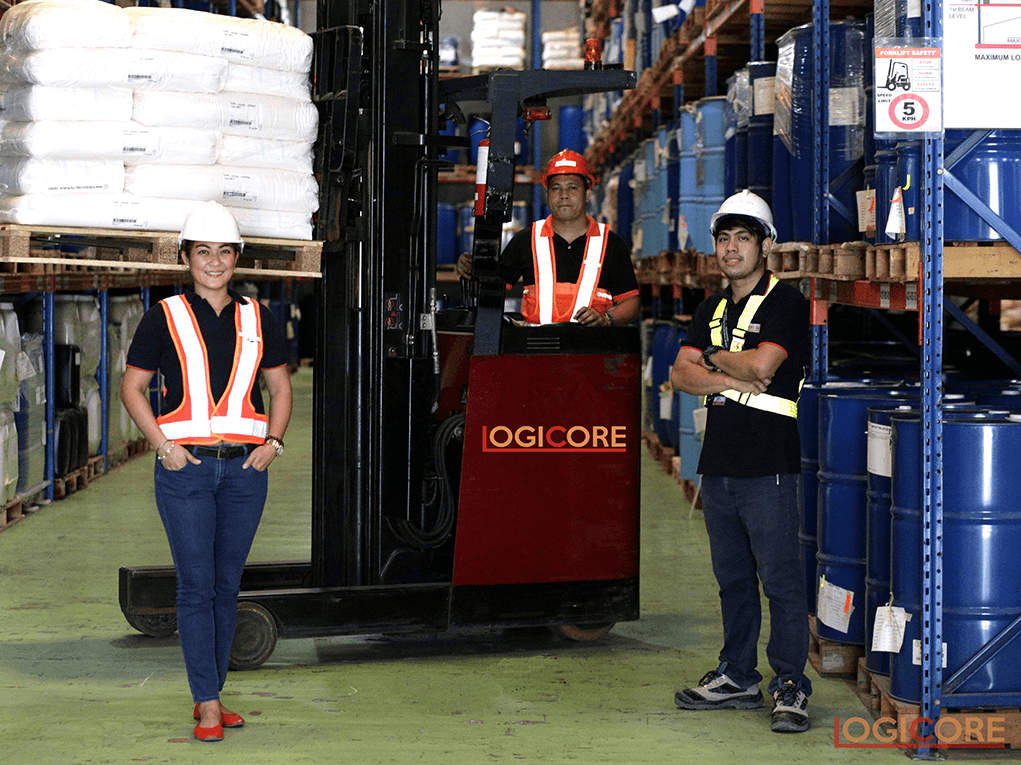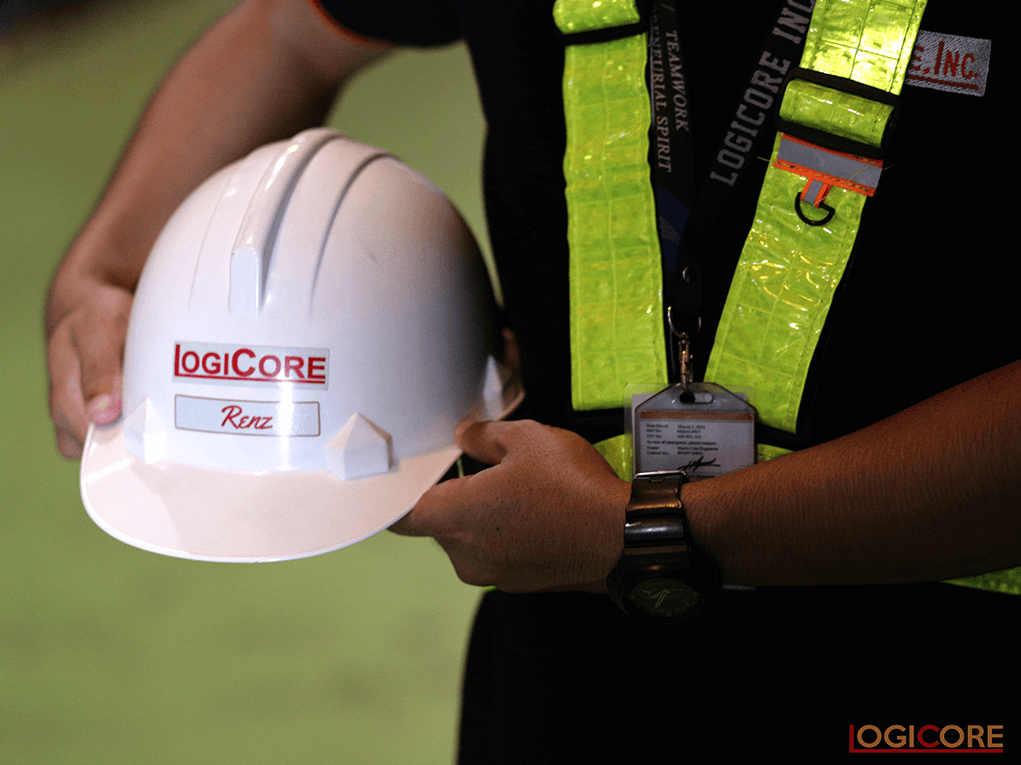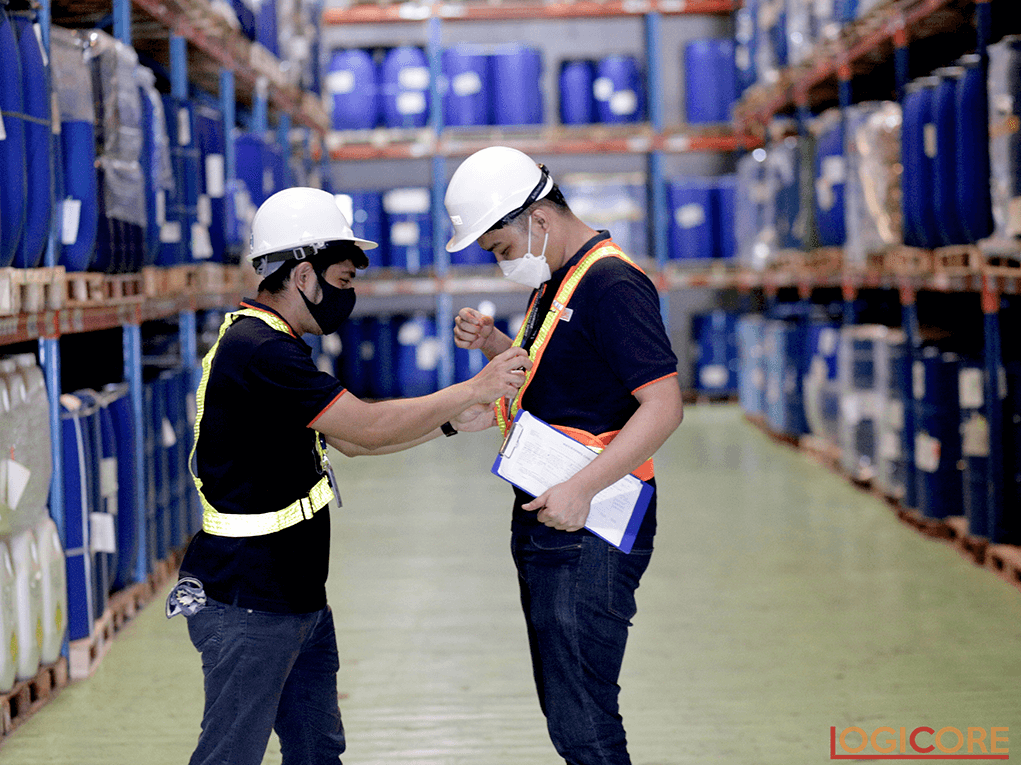What is Logistics?
Logistics is a group of activities that caters the organization and movement of inventory from the procurement to the respective places. The organization controls and manages the process of converting raw materials into products and meeting consumer demand. Regarding logistics, five (5) known vital areas include:

Procurement
It is the primary material source to manufacture goods.
Inventory
This logistics area covers the number of items a business buys, stores, and intends to sell.
Warehousing
It is a logistics area where businesses store, pack, and arrange the shipment of goods.
Transportation
This logistics stage involves transferring and moving products from one place to another.
Customer Service
This logistics stage includes all the support of customer needs, from creating an order to receiving the actual product or service.
What are Logistics Jobs?

According to the report “Philippine Logistics Market Outlook to 2024 – By Sea, Land, and Air Freight Forwarding; By Warehousing (Industrial/ Retail, ICD/CFS, Cold Storage, Agriculture), By End Users; By Cold chain market (Cold transportation and Cold storages)“, Philippines current logistics cost comprises 27.16% of sales in the Philippines and is very high in comparison to other SEA countries. As the demand for logistics supply and service increases, manpower shortages and needs rise. Regarding logistics, some careers manage and facilitate the movement of goods from the procurement stage to the fulfillment of customer satisfaction. When looking for a logistics job, a job seeker can find the most suitable job by coordinating with an in-house employee or inquiring with a logistics company, such as LogiCore, Inc., that contracts logistics services or logistics management solutions to other businesses. Here are some career jobs you might consider to apply for in logistics:
-
Logistics Coordinator
The primary duty of this job is to arrange the transportation of products from one place to another. It includes the preparation of inbound and outbound shipments for a company. It also communicates between people working in manufacturing, sales, and distribution to secure product shipment.
-
Logistics Manager
As the primary duty of the logistics coordinator, the logistics manager works on planning and executing the storage of products and services for a company. It controls the sequences of order fulfillment and can work with customers, suppliers, retailers, and manufacturers to improve productivity and meet customer satisfaction.
-
Logistics Analyst
As the logistics manager complies to meet customers’ demands, the logistics analyst is responsible for using data to ensure the efficient and smooth quality and process of the logistics process for a company. It is the one that provides periodic analyses and reports to increase productivity and streamline processes throughout the logistics operation.
-
Logistics Specialist
To boost productivity and create efficient and streamlined processes, the logistics specialist is the one who maintains and tracks the transport of goods for a company that caters to the entire shipping process and works with other logistics employees to address concerns about the availability of stored products.
-
Inventory Manager and Analyst
The inventory analyst handles sales forecasting and controls daily operations in different sectors. Aside from building relationships with manufacturers, it is the one who manages the plans and sets goals for product inventory. Conversely, the inventory manager oversees the stock movement from warehouse to consumer.
-
Warehouse Manager
The one who trains and manages the logistics team throughout the shipment process. It ensures all methods are as productive as possible and improves business operations.
-
Fleet Manager
This is responsible for purchasing and maintaining vehicles used to distribute goods in logistics. It also provides records and reports about the registration and maintenance of every car.
-
Transportation Manager
Its job is to inspect and maintain vehicles that transport goods and ensure a safe delivery. It also controls staff employees to track and transport flow and time arrival of product shipment.
-
Demand Planner
A demand planner must analyze consumers’ demand for future products using data gathered from marketing and sales.
-
Purchasing Manager
This is the one who works with the suppliers to get business inventory. They manage and maintain companies’ inventory databases.
-
Supply Chain Manager
A supply chain manager oversees the supply chain and logistics to maximize operational efficiency. They are involved in every process taken and done within and outside logistic operations.
Required Skills for a Successful Logistics Job
Problem-solving
A quick response to identify the problem and establish an effective solution is essential in this field. A logistics worker might encounter unexpected challenges, such as delays, route changes, and inventory discrepancies.
Communication Skills
As one who works with different types of characters, effective communication is the key to coordinating and connecting with suppliers, distributors, carriers, co-workers, and clients. Clear and concise communication prevents misunderstandings and complaints.
Detail-Oriented
Even a tiny mistake can create chaos and can have a significant impact on the business operation. It ensures accuracy in inventory management, documentation, and delivery processes.
Analytical Skills.
Strong analytical skills build more efficient data-driven decisions and reduce the cost of logistics operations as it analyzes data related to logistics process optimization and improvement.
Organizational Skills
As the logistics industry evolves in multiple tasks, shipments, and schedules simultaneously, organizational skills are crucial to ensure every detail is more efficient during operation.
Logistics Jobs Opportunities in the Philippines
Overall economic growth in the Philippines has increased demand for logistics services across various industries, including retail, manufacturing, and agriculture. The Philippines’ participation in global trade has increased the need for logistics professionals to manage imports, exports, and international supply chains. Companies increasingly focus on optimizing their supply chains to reduce costs and improve efficiency, driving demand for logistics experts who can streamline processes and enhance overall performance.
The more businesses adapt to technology, the more clients and consumers will engage with modernization, and the higher the demand for logistics jobs will arise. If you are a Filipino job seeker looking for a local and professional logistics job, logistics companies such as LogiCore, Inc. offer various job vacancies that cater to logistics expertise. Here are the job vacancies you might be interested in: Logistics Job Vacancy in the Philippines




